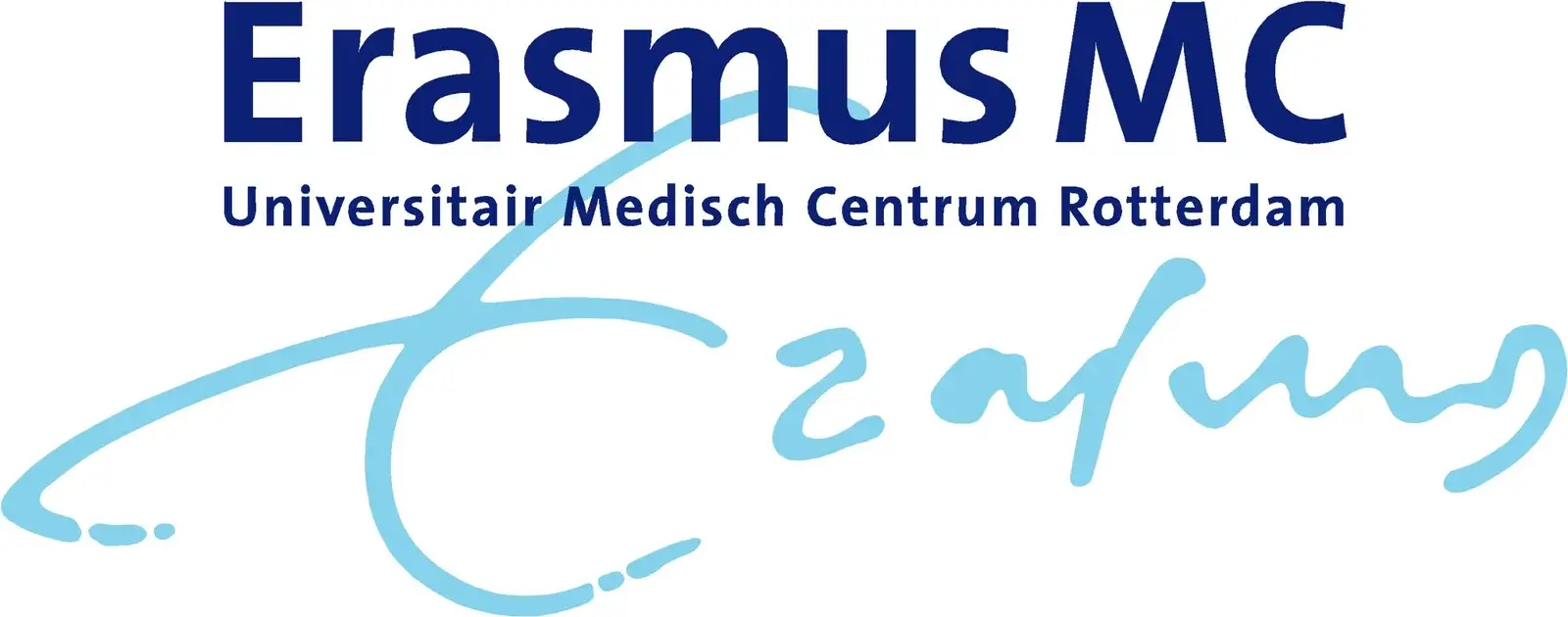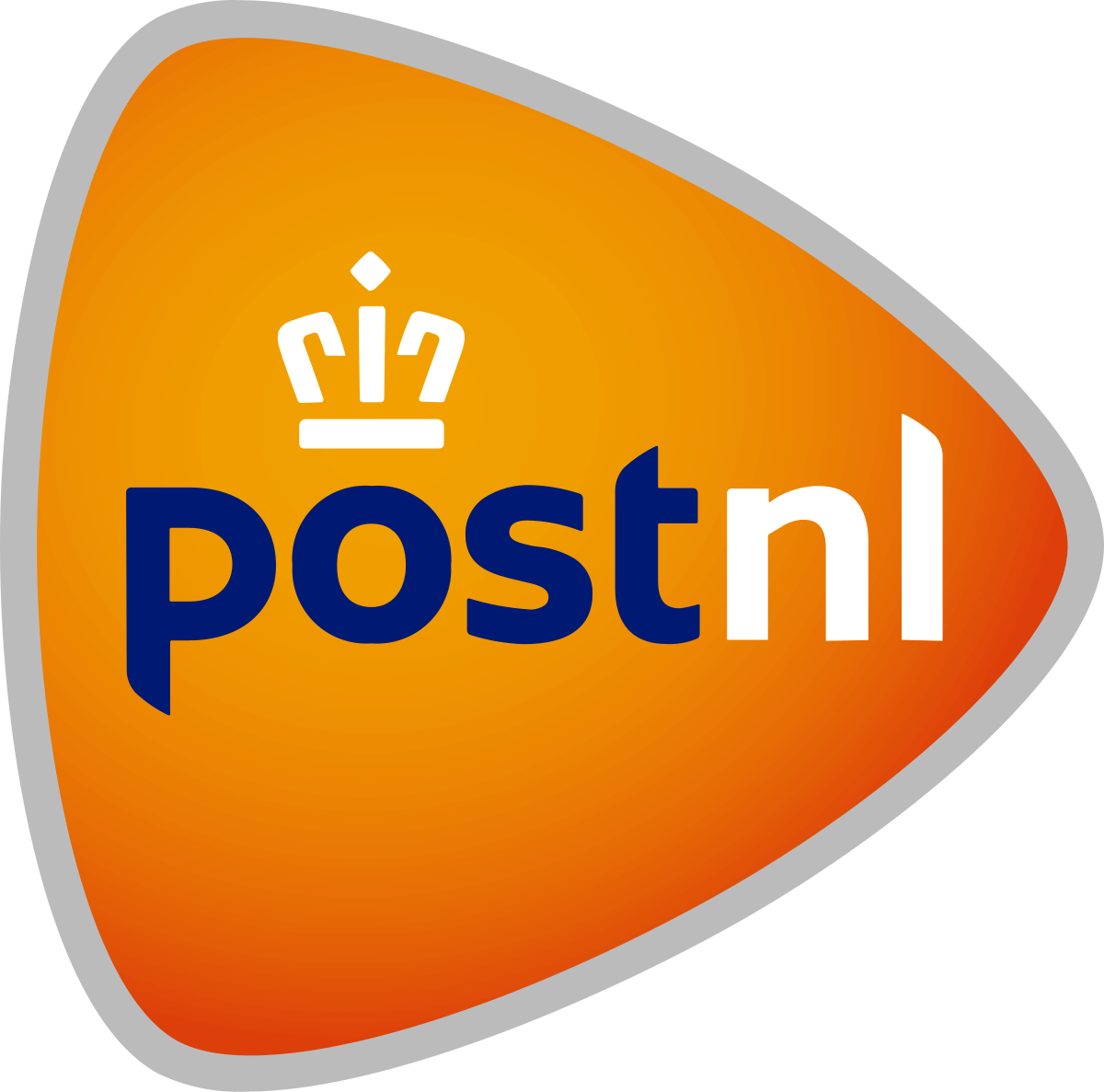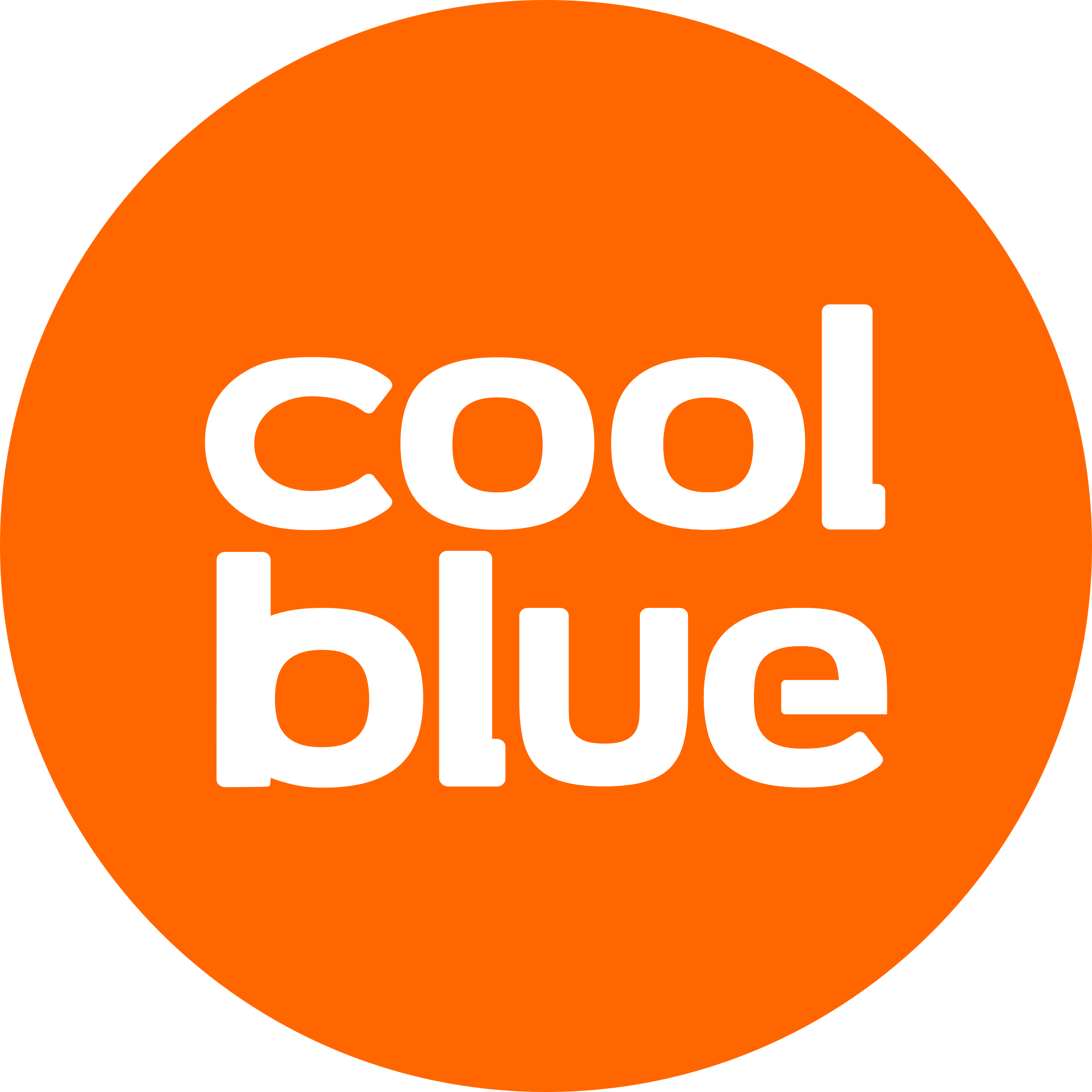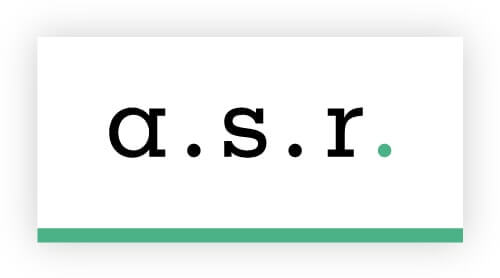Previously, the Erasmus MC reminded patients their appointments through voice messages. Last year, a decision was made to remind patients through an SMS, due to SMS-reminders being cheaper and more effective than to send voice messages.
The no-show problem
Each healthcare institution is dealing with a No-Show problem. No-Showa are a structural problem for the healthcare sector. Research has shown that between the 5% and 10% of the appointments are not complied, simply because patients forget their appointment. The ‘No-Show’ phenomenon leads to an annual loss of hundreds of millions euros.
The damage is not only a financial consequence. The ‘No-Shows’ also disturb the working process of healthcare institutions. It goes without saying that this has a negative impact on the labour productivity.
Pia Dijkstra, a member of the D66 Dutch political party, has discussed the ‘no-show’ problem in the past. She indicated that it is unjustifiable that we ignore this waste. After all, society is the group that carries these costs. This is not only caused by the irresponsible behaviour of a small group of people, but also the poor coordination of the hospitals themselves.
Unfortunately, this action has led to few results. Today there are not many hospitals, such as the Eramus Medical Centre, Amsterdam OLVG, Diaconessenhuis Leiden and the Catharina Hospital Eindhoven, which have taken action and remind patients regarding appoints at the clinic via SMS.
As the implementation of Spryng’ SMS gateway does not require time- consuming procedures, protocols or administrative processes, it is surprising that just a few hospitals have taken action. The Spryng’ SMS gateway is designed to be integrated easily through a HTTPS or SFTP API into the Hospital Information Systems and SPDs, which include Chip Soft, McKesson, SAP, EPIC, CSC and Cloverleaf.
Spryng has realized an increase in the use of SMS services within other areas of health such as OTP (two-way), also called SMS Authentication. Under the Data Protection Act (PDPA) hospitals have to take technical and organizational measures to protect personal data against loss or against any form of unlawful processing. Many healthcare institutions therefore use Spryng’ SMS gateway to strengthen the security of their systems, such as patients portals. Spryng’ SMS gateway is connected to the Multi Factor Authentication systems, which include RSA, Safenet, SMS PASSCODE, SonicWall and Secure Envoy and can be used within minutes.
The healthcare industry must innovate to ensure affordable, accessible and healthcare of good quality. Therefore, the use of mobile telephones is a must in order to make the health sector accessible and efficient.







